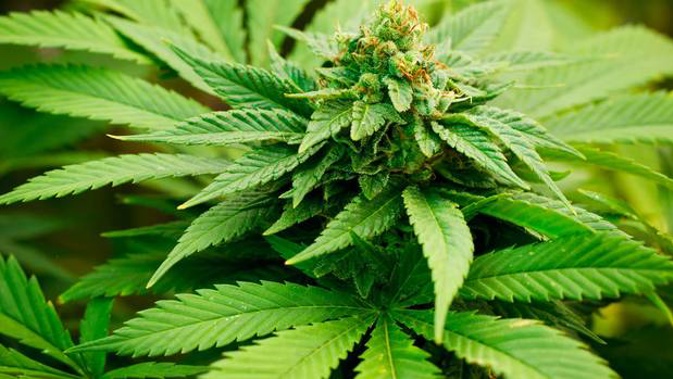
People will vote on a proposal for a legal cannabis market in 2020 with tightly controlled rules including special bars for consumption, special outlets for sales, and strict rules for home-grown cannabis.
Justice Minister Andrew Little made the much-anticipated announcement this morning.
"Cabinet has agreed there will be a simple Yes/No question on the basis of a draft piece of legislation," Little said.
A bill will be drafted before the 2020 election, but will not be passed into law, calling into question whether the referendum will be binding, as announced by Little last year.
Little said the bill will be binding because Labour, the Greens and New Zealand have all agreed to follow through with the outcome of the referendum.
The bill will aim to reduce cannabis-related harm by protecting young people - whose brain development can be harmed by frequent cannabis use - offering health services to those that need them, and weakening the black market that currently peddles unregulated products to whoever can buy them.
It will not propose a for-profit model with relaxed regulation, which has been described by the Global Commission on Drug Policy as just as harmful as an unregulated black market.
It will not be not be a not-for-profit, state-controlled model such as in Uruguay.
Details are still being worked on, but the Herald understands the aim will be to have more controls than existing regimes such as the likes of California, where regulations make it easier for corporate players to operate in the market at the expense of small operators.
Little confirmed today that the referendum at the 2020 election will ask about support for a bill that details a regulated legal market.
It will include:
• Allowing products to be bought only in a licensed premise from a licenced and registered retailer
• A ban on using cannabis publicly, allowing it only in a special licensed premise or on private property
• Rules around private home-grown products
• A ban on advertising of cannabis products
• A legal purchase age will be 20
• A public education programme
• Stakeholder engagement
Other details still being worked include the types of permitted products - including edibles and lotions - and their potency, the rules of the proposed licensing regime, the level of taxation and whether that should fund health and addiction services, and whether cannabis-related convictions should disqualify a person from working in a legal market.
Finding the right balance will be critical, as too many restrictions, such as high prices, would be unlikely to weaken the black market.
Take your Radio, Podcasts and Music with you









